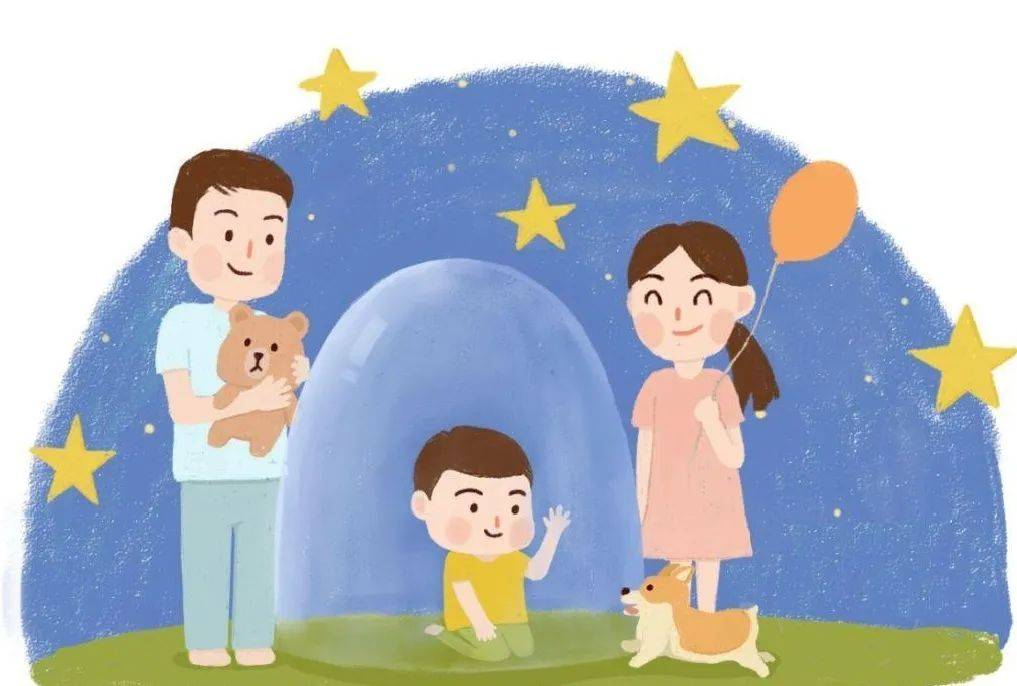In the journey of children’s growth, every parent is full of hope and expectations, hoping that their children can grow up healthy and happy. However, autism, a mysterious and complex neurodevelopmental disorder, has quietly become a challenge that many families must face. Autism, also known as Autism Spectrum Disorder (ASD), affects children’s social interactions, language communication, and behavioral patterns, profoundly impacting their growth. Therefore, how to detect autism as early as possible and fight for valuable intervention time for children has become an urgent need for many parents.
Pay attention to early signs
The early symptoms of autism may not be obvious, but careful observation can still capture some clues. Firstly, pay attention to the child’s social behavior. Children with autism often show a lack of interest in others from infancy, lack eye contact, and have a muted response to hugs and kisses from parents. Secondly, observe the child’s language development. Children with autism may be slow to start speaking or, even if they do, their speech may be limited, repetitive, and lack meaningful communication. In addition, children with autism may also display rigid and repetitive behaviors, such as frequently twisting fingers or rocking their bodies.
Regular screening
In addition to daily observations, parents should also take their children for regular autism screenings. Currently, there are several mature autism screening tools available internationally, such as the Checklist for Autism in Toddlers (CHAT) and the Modified Checklist for Autism in Toddlers (M-CHAT). These screening tools assess aspects such as a child’s social interaction, language development, and behavioral patterns, helping parents and professionals identify signs of autism early.
Seek professional help
Once parents suspect that their child may be at risk of autism, they should seek professional help promptly. Professional medical institutions or rehabilitation centers can provide comprehensive assessments and diagnostic services, and develop personalized intervention plans for children. Early intervention is crucial for the development of children with autism, as it can effectively improve their social skills, language abilities, and behavioral patterns, laying a solid foundation for their future.
Create an inclusive environment
While waiting for diagnosis and intervention, parents should strive to create a supportive and inclusive environment for their children. Children with autism are often sensitive to environmental changes, so parents should try to avoid overstimulation and maintain a harmonious and stable family atmosphere. At the same time, encourage children to participate in age-appropriate and interest-specific activities, such as drawing, music, games, etc., to stimulate their interests and potential.
[Contact for copyright issues].


